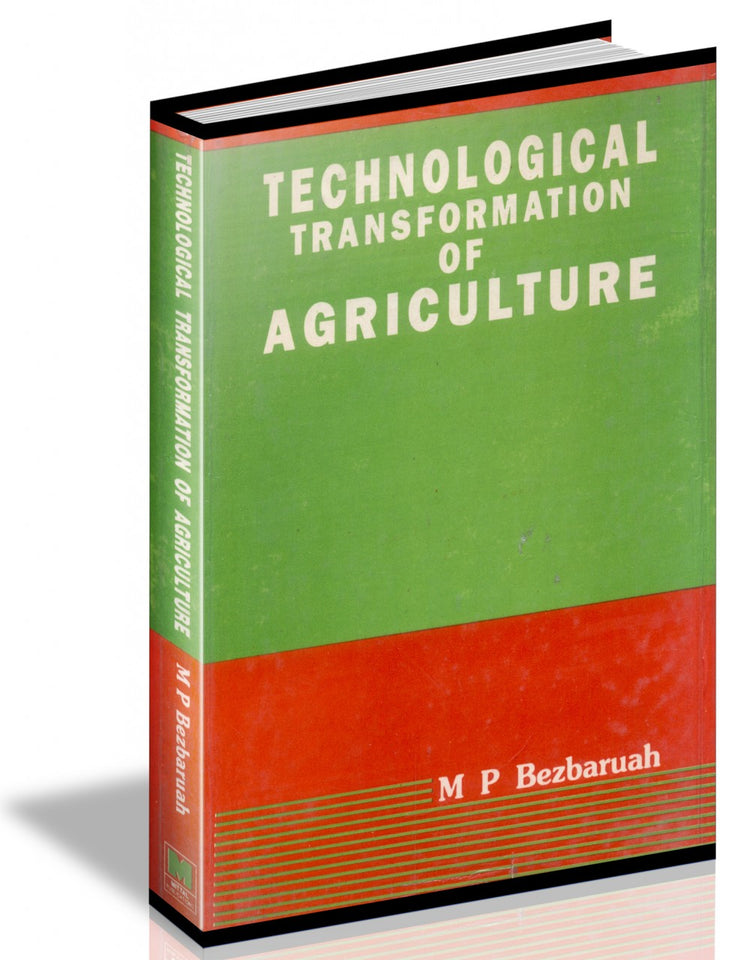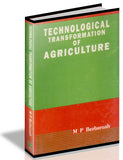Technological Transformation Of Agriculture
Regular price
Rs. 145.00
One major limitation of the Green Revolution has been its slow diffusion from the regions of its initial success to the rest of the country. For instance, its High Yielding Variety seeds based new technology is yet to make substantial impact on the predominantly rice growing agriculture of Eastern India. In the state of Assam in this belt, a half of the State Domestic Product still originates in the primary sector. About 70% of the gross cropped area is under rice. Official statistics claim impressive growth of area under High Yielding Rice Varieties. But that growth does not seem to appreciation of productivity of the crop. With the fertilizer consumption rate only at one-tenth of national average, the yield rates of principal crops in the state continue to dip farther below the all-India rates. Against this bleak overall picture, the field studies of the author reveal signs of progress and positive developments at the grass-root level. About 80% of sample farmers, irrespective of farm size and tenurial status, have adopted the High Yielding Varieties. In most cases though adoption has so far been partial and not full effective. The unsuitability of the new varieties to low-lying and flood-prone areas partly explain the inability of the farmers to use them more extensively in the rainy Kharif season. But for the rest, effective utilization of the yield potentials of the new technology is constrained by the lack of adequate infrastructural support. With a farming community receptive to innovations, a technological transformation of agriculture in Assam can be turned into reality by suitable policy measures to fill the lacunae in rural infrastructure.
Dr. M.P. Bezbaruah (b. 1959), a 1st Class Honours graduate in Economics from Gauhati University, passed M.A. in Economics from the Delhi School of Economics with specialization in Econometrics, Agricultural Economics and Money and Credit. He received his Doctorate degree from the Gauhati University in 1990. Since 1981, he started teaching Economics at the undergraduate level. currently he is serving as Reader in Economics in the North-Eastern Hill University, Shillong. A number of research scholars are working under his supervision from their doctoral degree. A dozen of his articles have already been published in journals. He has also edited some books and newspapers.
Guaranteed Safe Checkout





